Lilac sugar is a wonderful way to add a floral note to your cooking and baking. The process is simple: lilac blossoms are layered with sugar and left to infuse for several days.
New seasons come and go, but the smells and feelings of spring have always stayed the same. One of them is the amazing smell of lilacs. These little purple flowers grow almost everywhere. And are truly the essential smell of spring.
Use that beautiful scent to make amazing sugar for you kitchen cupboards. The process is simple: lilac blossoms are layered with sugar and left to infuse for several days. This allows the sugar to absorb the delicate scent of the lilacs, giving you a unique ingredient to use in your kitchen. The resulting sugar is versatile, perfect for sweetening teas, dusting on baked goods, or in any recipe you’d like. It’s a delightful way to capture the essence of spring and add a touch of elegance to your dishes.
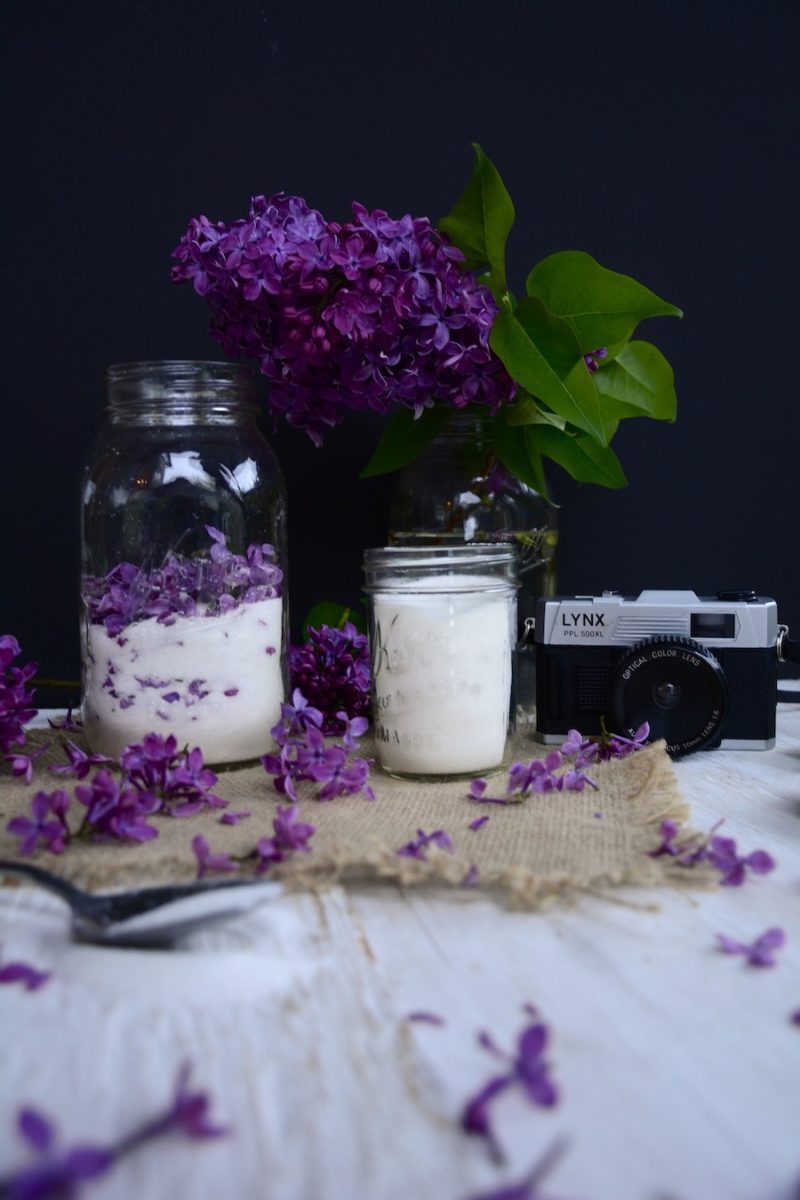
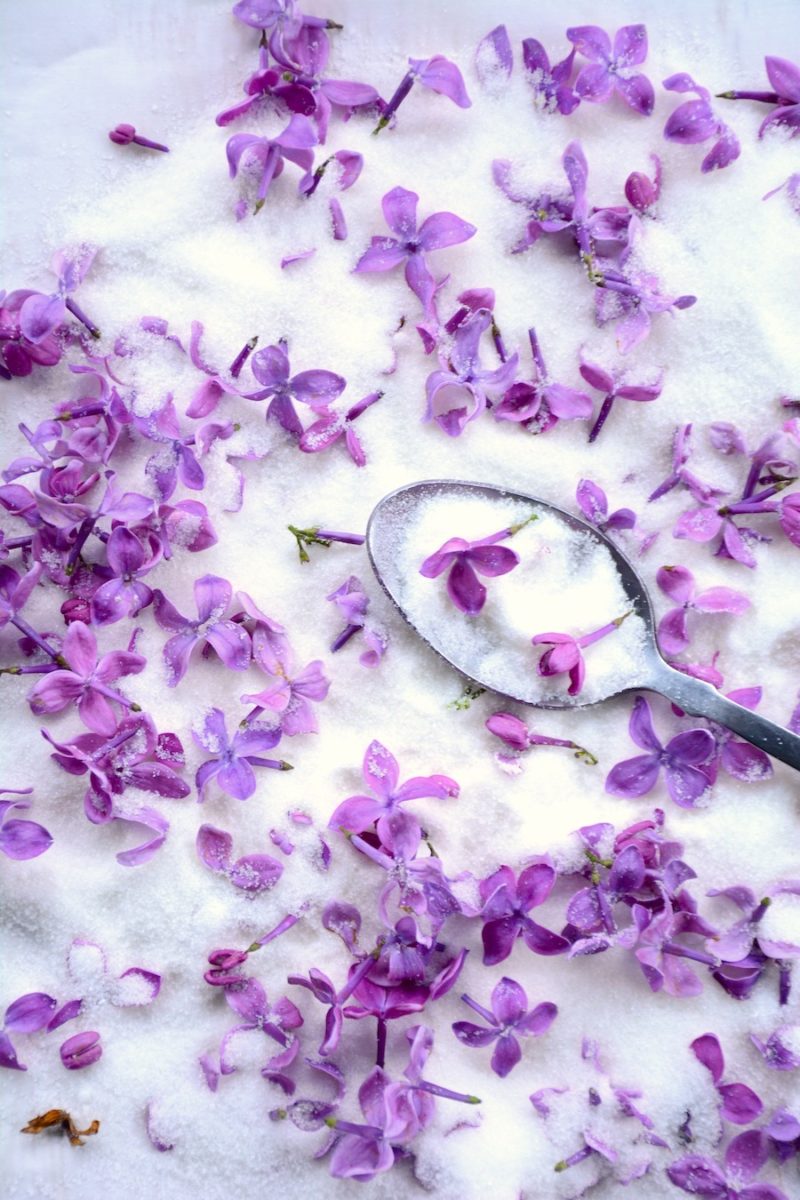
How to Make Lilac Sugar
Preparation
- Check Lilacs for Bugs: Shake the bunches of lilacs to ensure there are no bugs. Inspect the blossoms carefully and discard any unwanted debris.
- Remove Blossoms: Delicately remove the individual lilac blossoms from their stems. This process can be therapeutic, so take your time and enjoy the activity.
Assemble the Lilac Sugar
- Layer the Sugar and Lilacs: Pour 1/4 of the sugar into the glass jar. Add a large handful of lilac blossoms on top of the sugar. Continue to layer sugar and lilacs until you’ve used all of both.
- Seal and Shake: Seal the jar with the lid and give it a good shake to distribute the lilac blossoms evenly throughout the sugar.
Let the Sugar Infuse
- Store the Jar: Place the jar in a cool, dry place away from direct light and humidity. Let the sugar infuse for at least 2 days, shaking the jar daily to redistribute the lilacs.
- Dry the Sugar: After a few hours or the next day, empty the lilac sugar onto a parchment paper-lined tray to dry for about an hour. This helps remove excess moisture. Return the lilac sugar to the jar and give it a shake.
- Repeat Drying: Repeat this drying process every other day, or more frequently if needed, to keep the sugar from getting damp and turning rancid.
Final Steps
- Strain Out the Lilacs: After at least 2 days or up to 1 week, sift or pluck out the lilac blossoms from the sugar. This can be done with a fine sieve or by hand.
- Store and Use: Transfer the sugar to a clean jar and store it in a cool, dry place. Use the lilac sugar in baking recipes, as a sweetener for tea, or even as a body scrub for a fragrant touch.
Notes
- Dryness: If your sugar becomes too damp, it may clump and eventually turn rancid. The drying step is essential to keep it fluffy and fresh smelling.
- Storage: Keep the jar tightly sealed to avoid moisture buildup.
- Versatility: Lilac sugar can be used in various recipes to add a subtle floral flavor or as a finishing touch on baked goods.
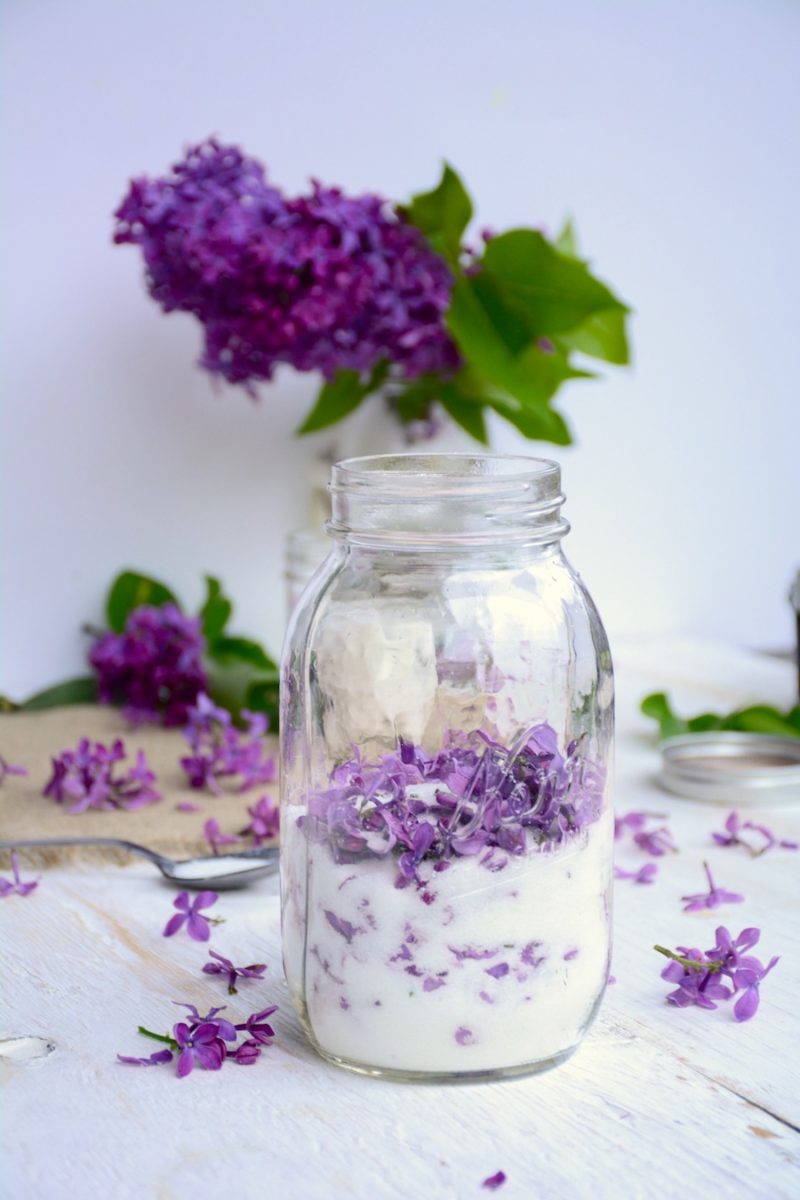
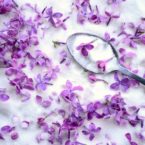
How to Make Lilac Sugar
- Total Time: 10 minutes
- Yield: 1 cup 1x
Description
Lilac sugar is a fragrant way to add a wonderful floral note to your cooking and baking. The process is simple: lilac blossoms are layered with sugar and left to infuse for several days.
Ingredients
- 1 cup (200g) granulated sugar
- 1/2 cup fresh lilac blossoms, gently rinsed and thoroughly dried
- 1 medium-sized glass jar with a tight-fitting lid
Instructions
Preparation
- Check Lilacs for Bugs: Shake the bunches of lilacs to ensure there are no bugs. Inspect the blossoms carefully and discard any unwanted debris.
- Remove Blossoms: Delicately remove the individual lilac blossoms from their stems. This process can be therapeutic, so take your time and enjoy the activity.
Assemble the Lilac Sugar
- Layer the Sugar and Lilacs: Pour 1/4 of the sugar into the glass jar. Add a large handful of lilac blossoms on top of the sugar. Continue to layer sugar and lilacs until you’ve used all of both.
- Seal and Shake: Seal the jar with the lid and give it a good shake to distribute the lilac blossoms evenly throughout the sugar.
Let the Sugar Infuse
- Store the Jar: Place the jar in a cool, dry place away from direct light and humidity. Let the sugar infuse for at least 2 days, shaking the jar daily to redistribute the lilacs.
- Dry the Sugar: After a few hours or the next day, empty the lilac sugar onto a parchment paper-lined tray to dry for about an hour. This helps remove excess moisture. Return the lilac sugar to the jar and give it a shake.
- Repeat Drying: Repeat this drying process every other day, or more frequently if needed, to keep the sugar from getting too damp.
Final Steps
- Strain Out the Lilacs: After at least 2 days or up to 1 week, sift or pluck out the lilac blossoms from the sugar. This can be done with a fine sieve or by hand.
- Store and Use: Transfer the sugar to a clean jar and store it in a cool, dry place. Use the lilac sugar in baking recipes, as a sweetener for tea, or even as a body scrub for a fragrant touch.
Notes
- Dryness: If your sugar becomes too damp, it may clump and become rancid. The drying step is essential to keep it fluffy and fresh smelling.
- Storage: Keep the jar tightly sealed to avoid moisture buildup.
- Versatility: Lilac sugar can be used in various recipes to add a subtle floral flavor or as a finishing touch on baked goods.
- Prep Time: 10 mins
- Category: Baking
- Method: Infusing
- Cuisine: American




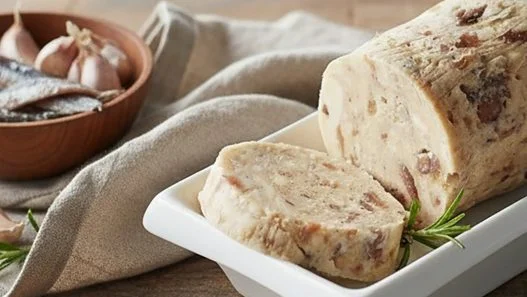

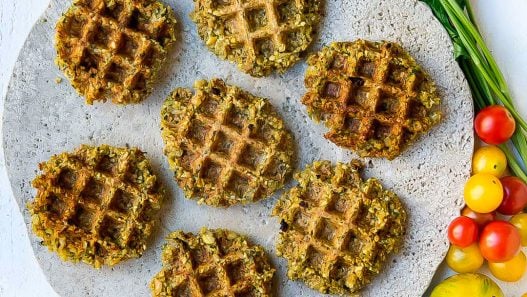

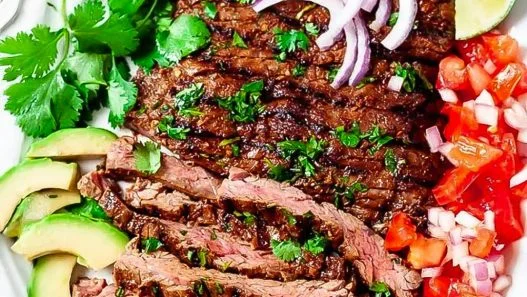


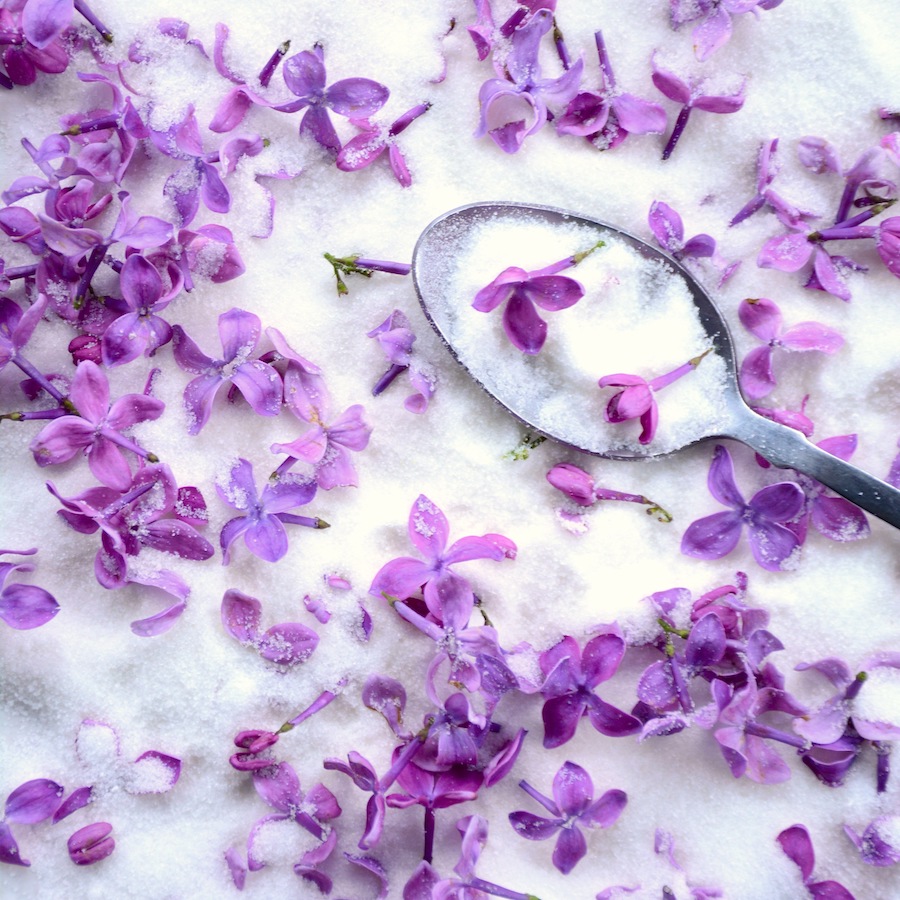
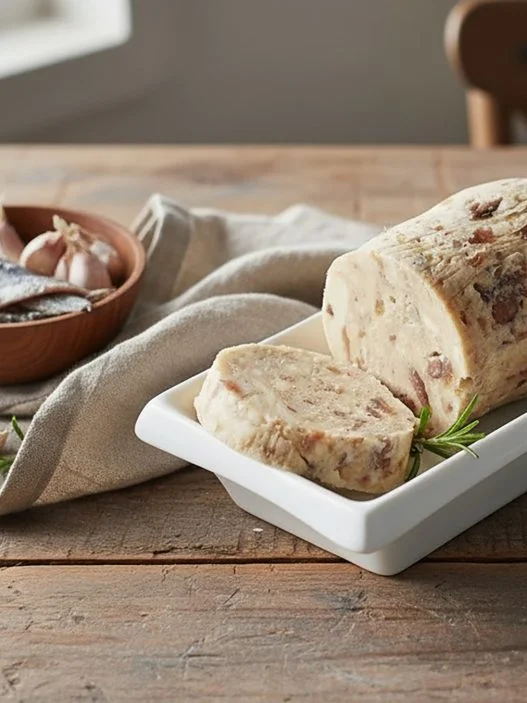
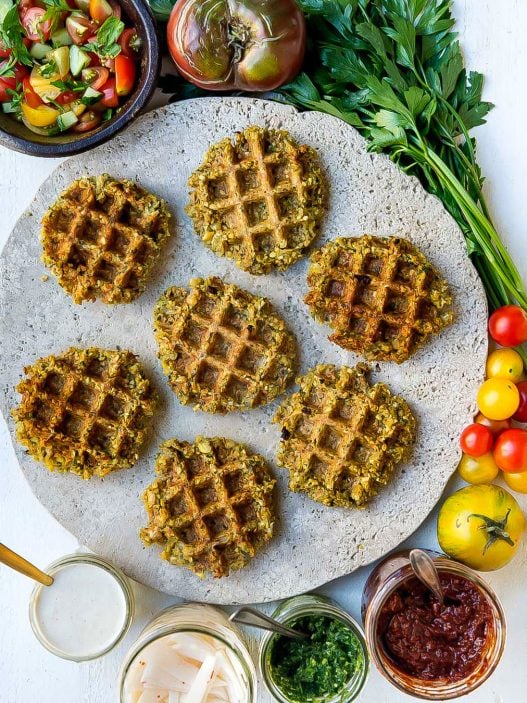
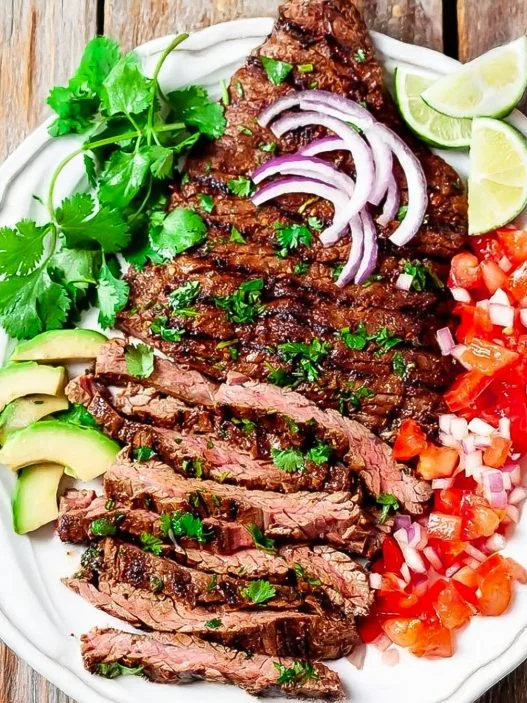


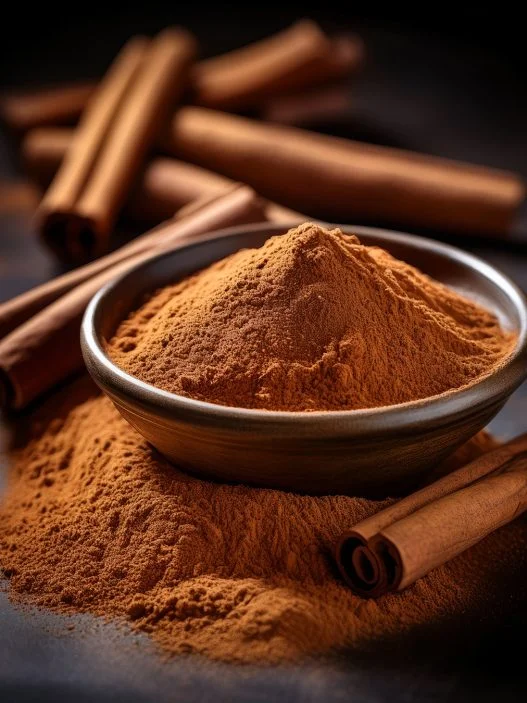



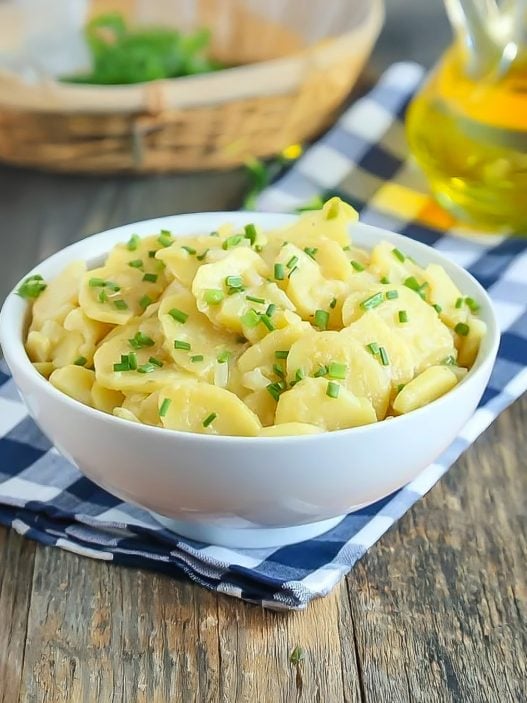
Any tips on how to dry the sugar? I put it on a cookie sheet in the oven over night with the pilot light on. That didn’t really do anything. I am in Alaska, so it’s a dry climate.
Gabriele, might be that the oven didn’t allow the dry air to help dry the sugar out? My latest time making this, I just kept the sugar on a tray out on the counter and it dried up fine after about an hour or so. Then mixed it, poured back in the jar and gave it a good shake. Repeated daily for 4 days.
Dang, this is awesome!
I made this lilac sugar, and it’s amazing! The floral scent is so refreshing. I used it to sweeten my tea, and it added a lovely touch. Highly recommend trying this recipe!
Wow, this is so great!
I made this for a tea party, and it was a hit! The lilac sugar is sweet with a subtle floral flavor. It’s a great way to add something special to your baking or drinks.
I love this idea! Lilac sugar is such a unique way to add a hint of spring to your baking. I used it in my cake frosting, and it was delicious. I will be making this again.
Lilac sugar is the perfect way to bring a little spring into your kitchen. I love using it in my coffee and sprinkling it on top of cookies.
Holy cow, this is such a great recipe – the perfect spring project. Thank you!
I do lavender sugar, and I use it in my cheesecake recipe. It adds a really nice but subtle flavor. Lilac would be great for a cheesecake or panna cotta .
Thank you for the tip on how NOT to end up with rancid sugar – the drying process changes everything and I wish I had seen your recipe before I wasted a lot of sugar on other recipes out there.
I made a batch yesterday and just opened the jar to see how it was smelling. It was AMAZING!!
Made this and it turned out so amazing. Smelled wonderful, and tasted really delicious.
I loved you new, fresh idea and can’t wait for our lilacs to bloom again so my husband and I can try this. He is a wonderful chef like you and loves to try inventive things like this. Keep on cooking, your wonderful!!!